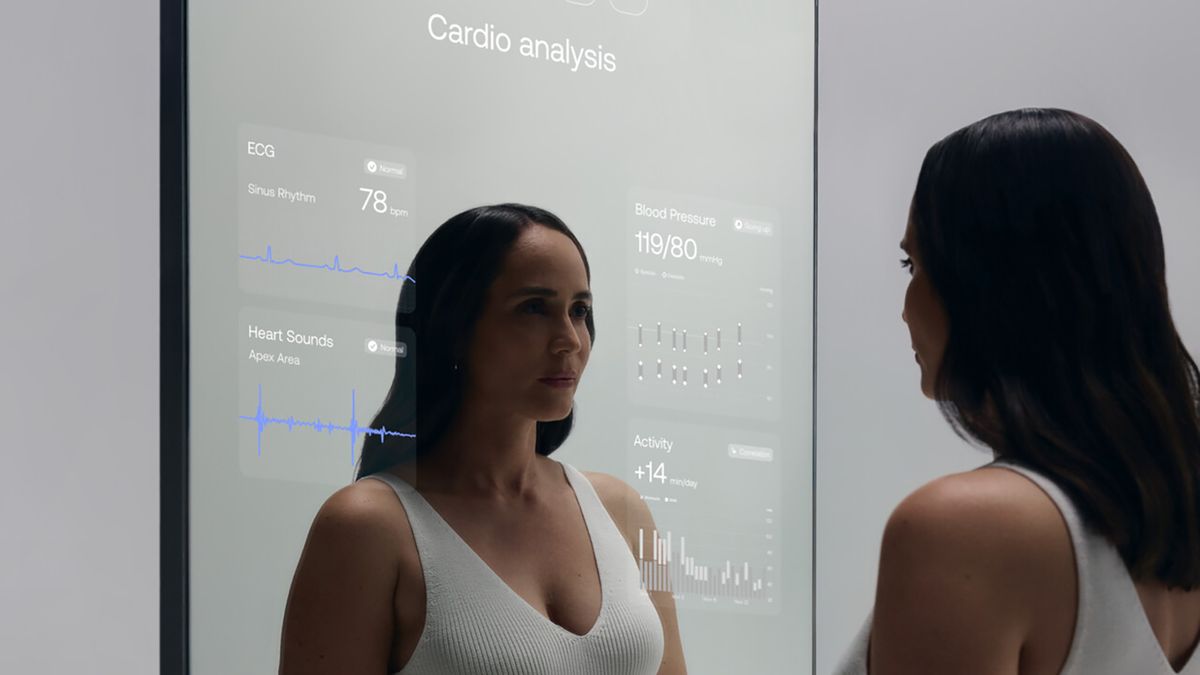Scientists have developed artificial neurons that mimic human perception
Scientists have developed artificial neurons that mimic human perception, a breakthrough in AI and brain-inspired computing. This advancement could enhance neural networks, robotics, and medical applications, bringing machines closer to human-like sensory processing.

Scientists Develop Artificial Neurons That Mimic Human Perception
A team of researchers from Northwestern University and Georgia Tech has developed high-performance artificial neurons that closely replicate the function of human sensory neurons. These organic electrochemical neurons operate within the same frequency range as biological neurons, bringing us one step closer to artificial perception systems that can rival human sensory processing.
To create a fully functional neuromorphic perception system, the team designed additional organic materials and integrated their artificial neurons with synthetic touch receptors and synapses. This system allows real-time sensing and processing of tactile signals, a key capability for advanced robotics, prosthetics, and brain-inspired computing.
Breakthrough in Organic Neural Circuits
The artificial neuron developed in this study surpasses existing models by achieving a much broader firing frequency range—50 times greater than previous organic electrochemical circuits. This enhanced capability makes it an advanced step in neuromorphic engineering, where the goal is to mimic the brain’s ability to process and respond to sensory information.
The research, published in Proceedings of the National Academy of Sciences (PNAS), highlights the rapid progress being made in organic electronics. According to lead researcher Yao Yao, the neuron’s compact size and high efficiency could play a crucial role in bridging the gap between biology and technology. Unlike rigid silicon-based circuits, organic electronic materials allow for greater flexibility, making them ideal for applications in bio-integrated devices.
A Step Toward Human-Like Perception in Machines
Tobin J. Marks, a co-author and renowned expert in organic electronics, emphasized that artificial neurons capable of firing at biologically relevant frequencies are key to advancing robotics and prosthetic systems. He noted that their neuron’s unprecedented performance in frequency modulation brings artificial sensory systems much closer to mimicking biological processes.
Antonio Facchetti, a co-corresponding author from Georgia Tech, highlighted that this study represents the first complete neuromorphic tactile perception system using artificial neurons, receptors, and synapses. The system successfully encodes and transmits tactile stimuli in real time, closely mirroring biological sensory pathways.
By integrating multiple disciplines—including organic synthesis, materials science, and neural engineering—the team has created an artificial neuron that could significantly enhance machine perception. Their work lays the foundation for future advancements in robotics, AI-driven prosthetics, and brain-machine interfaces, potentially revolutionizing how machines interact with the world.
Looking ahead, the researchers aim to further refine and miniaturize their system, bringing artificial sensory networks even closer to replicating the complexity of human perception.
What's Your Reaction?












/https://tf-cmsv2-smithsonianmag-media.s3.amazonaws.com/filer_public/54/66/546650fa-26a4-40fd-8d6d-5a7a04540f81/rosetta2.png)
:max_bytes(150000):strip_icc():focal(999x0:1001x2)/robert-prevost-050825-1-39395418ab494da5a3a700c9478e66c8.jpg)















































format(webp))
format(webp))


























